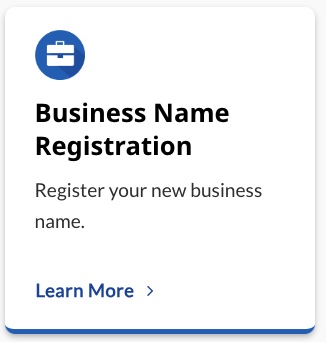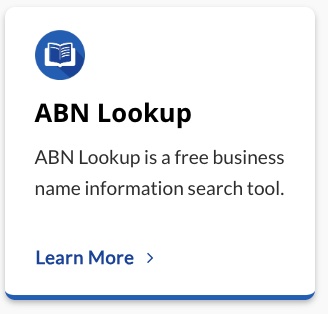Have you ever thought about your place on the internet? We, as individuals, aren’t alone! What if we told you that we share the internet with a swarm of invisible robots? You might be shocked, but these robots, called “web crawlers”, actually play a pretty key role in organizing what we see online.
If you’re picturing something like Wall-E or C3PO, that’s not quite correct. Web crawlers, are pieces of code, or computer instructions, that regularly voyage around the vastness of the internet gathering data as they go. It’s like a librarian methodically moving down each aisle, scanning each book, logging its details and shelving it right where it should be.
So how do web crawlers know where to look? They follow sitemaps. You know, those handy things that help you find your way around a website. They’re reading the same road map you are, snapping up data like a vacuum. It’s essentially how you find what you’re looking for when you type something into a search engine.
But not all web crawlers or their sitemaps are created equal. Like in any good story, there are heroes and villains. The good guys—the Google or Bing web crawlers for instance—follow rules and don’t mess with things they shouldn’t. The shady ones? They’re not as obedient.
Why should we care about the good and bad web crawlers? Well, the digital ecosystem depends on them. If a website is treated poorly by bad web crawlers, or gets overlooked by the good ones, search engines won’t list them. This means less traffic on the site, and can sometimes spell doom for online businesses.
If this is starting to feel a little overwhelming, don’t fret! There are ways to safeguard websites from these online nuisances. One way is by altering a site’s robot.txt files—this is like sticking a ‘No Entry’ sign on a door. It tells the web crawlers, good or bad, to stay away from certain ‘rooms’ in the site.
Another solution is to keep websites updated and neatly organized. Google’s web crawler, for instance, prefers neat, clean websites, much like a well-kept library.
The world of web crawlers and the internet might seem complicated at first, but once you wrap your head around the nuances, it all starts to make sense. And who knows? Maybe the next time you type something into a search engine, you’ll think of all those diligent web crawlers working behind the scenes to fetch the information for you.
Register your new business name at register.biz.au


